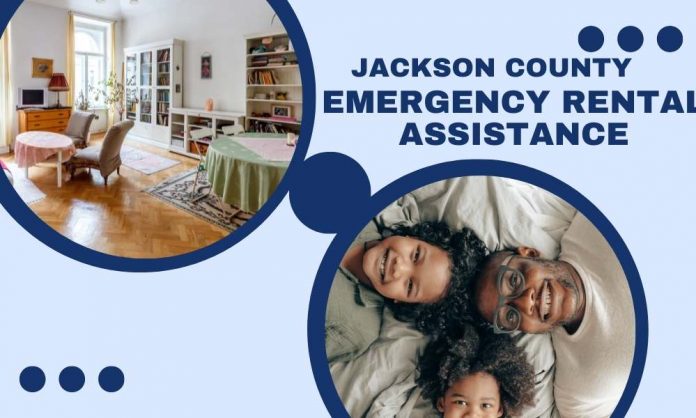Low income Energy Assistance Program Kansas
The application process for the Rental Assistance in Kansas includes filling out an online application form and providing the necessary documentation. The program now allows households with incomes up to 80% of the area median income. The Low-Income Energy Assistance Program (LIEAP) also has a later application deadline and requires documentation like proof of income and utility bills.
 To be eligible for rental and utility assistance in Wyandotte County, applicants must provide proof of economic hardship, and residency, and meet income thresholds. They need to show that they have experienced financial difficulties. Income thresholds differ based on the program and favor households with lower incomes. Required documents may include proof of income, proof of residency, lease agreement or utility bills, and documentation of economic hardship, like a termination letter or reduced work hours proof.
To be eligible for rental and utility assistance in Wyandotte County, applicants must provide proof of economic hardship, and residency, and meet income thresholds. They need to show that they have experienced financial difficulties. Income thresholds differ based on the program and favor households with lower incomes. Required documents may include proof of income, proof of residency, lease agreement or utility bills, and documentation of economic hardship, like a termination letter or reduced work hours proof.
Both programs provide rental and utility assistance to eligible households. Applicants are required to submit documentation, including lease agreements, past-due notices for utility bills, and proof of economic hardship, to receive assistance. The goal of these programs is to offer relief to households facing financial challenges due to the pandemic.
Rental and Utilities Assistance – Community Action Agency of Greater Kansas City
The agency offers a range of services to meet various needs, including emergency crisis services such as utility payments, rent assistance, shelter, car repairs, medical assistance, transportation, and clothing. These services aim to stabilize crises and provide support to those in need.
When Rent is Unaffordable
The National Low Income Housing Coalition has reported that rent in the United States is unaffordable for many low-income households.
Based on data from 2022, the average hourly wage needed for a full-time worker to afford a modest, two-bedroom rental home in the U.S. is $25.82. This is $18.57 higher than the federal minimum wage of $7.25. In 11 states and the District of Columbia, the hourly wage needed for a two-bedroom home is more than $25.00. For a modest one-bedroom rental home, a full-time worker on average needs to earn an hourly wage of $21.25.
In Kansas City, the average rent is over $1,200. The average size of an apartment is 894 sq. ft. This is too expensive for low-income households. Additionally, the apartments are often too small. That’s where rent assistance in Kansas City comes in.
Rental Assistance Resources in Kansas City
If there is a need for emergency rental assistance in Kansas City, it is recommended to utilize the available resources.
Metro Lutheran Ministry Housing Stability Assistance
Tenant-Based Rental Assistance | Kansas Housing Resources Corporation
 Eligibility Criteria
Eligibility Criteria
Applicants must meet all of the following criteria:
- The tenant is currently renting their home.
- The tenant’s household income in 2020 or 2021 did not exceed 80 percent of the median income in their area.
- At least one member of the tenant household may have faced financial challenges, such as unemployment, income reduction, or substantial expenses related to medical bills, personal protective equipment, childcare costs, equipment or internet expenses to support online work or schooling, and so on.
- One member of the tenant household is unsure of their housing situation and may require assistance to avoid homelessness.
- The applicant can provide valid proof of identification.
- Applicants are required to not have received any other forms of assistance for the same costs and period that they are requesting KERA assistance.

Originally from Toronto, Canada, Denise Madison, age 34, is an expert in housing policy and rental assistance. Denise earned her Master’s in Public Administration from McGill University, focusing her thesis on the effectiveness of rental assistance programs in major Canadian cities. After graduation, she worked with the Canadian government before transitioning to a consulting role in the United States, aiding in the enhancement of federal housing policies and programs. Denise is known for her practical workshops and seminars aimed at landlords and tenants, fostering better understanding and compliance with housing laws. When not at work, Denise cherishes time with her husband and their three young children, exploring the outdoors and teaching them about the importance of community involvement.



